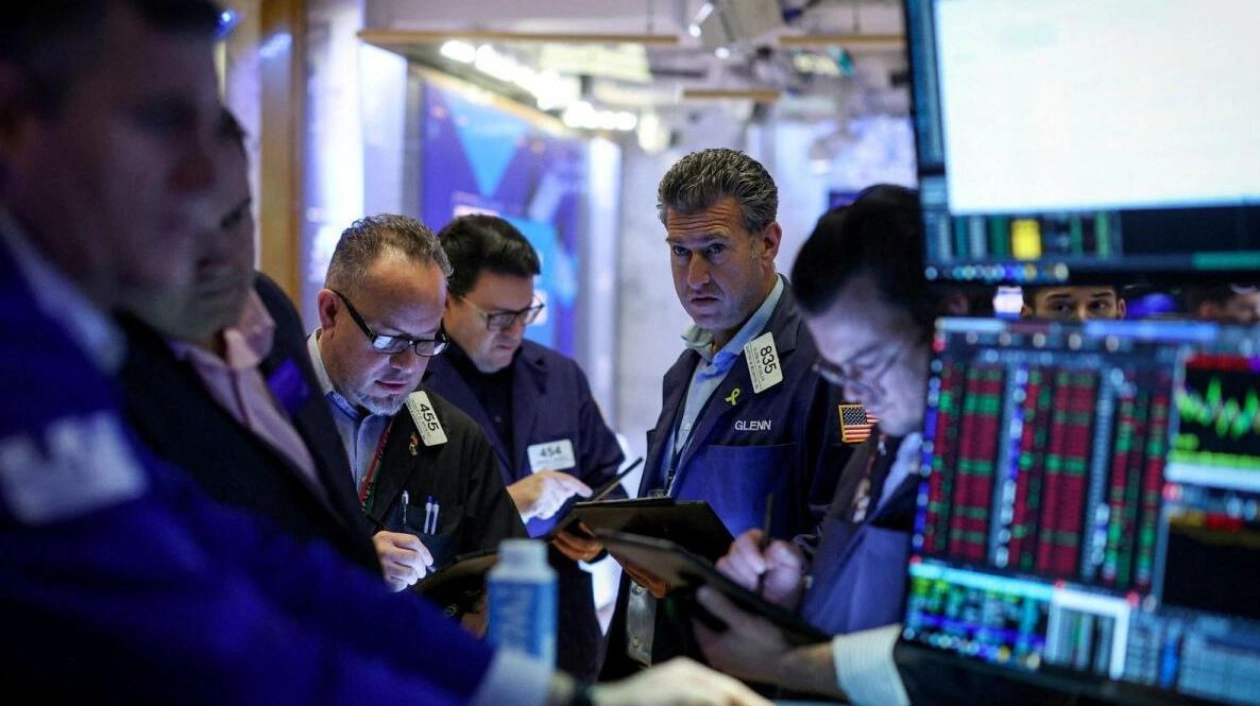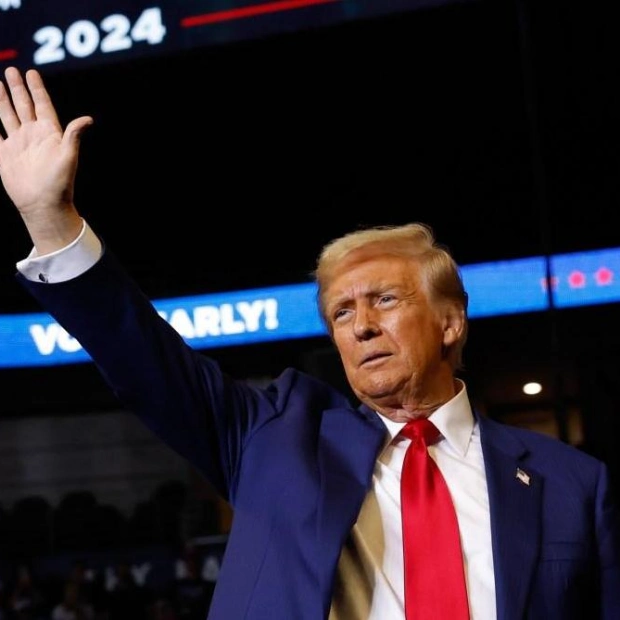Traders are active on the floor of the New York Stock Exchange. BofA Global Research anticipates a 1% reduction in S&P 500 earnings if tariffs on China increase to 40% — Reuters
The US stock market reacted positively to Donald Trump’s win in the 2024 presidential election, but potential turbulence looms if the president-elect follows through on his tariff threats. Much about the upcoming administration’s policies remains uncertain, including whether Trump’s recent threats to impose tariffs on China, Canada, Mexico, and other trading partners are initial moves to negotiate other issues, such as border security. The timing and extent of new tariffs are unclear, and the impact on the US could vary depending on whether targeted countries retaliate with their own measures. Economists’ worst-case scenarios depict a concerning outlook. One extreme long-term scenario by Oxford Economics suggests world trade could shrink by up to 10%, with US economic growth falling about 1% below current expectations. Tariffs would negatively affect corporate earnings, particularly in retail, industrials, and materials sectors, while also fueling inflation, according to other forecasts.
“Tariffs are fundamentally harmful to the economy,” said David Kelly, chief global strategist at JP Morgan Asset Management. “They can lead to a stagflationary effect, increasing inflation pressures while reducing economic growth simultaneously.” Trump’s renewed tariff threats caused fluctuations in foreign currency markets, but US stocks largely ignored them as the market continued its over 26% rally this year, pushing the S&P 500 to record highs. Barclays strategists estimate that proposed tariffs on Canada, Mexico, and China, along with any retaliatory actions, could reduce S&P 500 earnings by 2.8%. The materials and consumer discretionary sectors could experience double-digit earnings declines due to their significant presence in Mexico and Canada, according to Barclays. Retaliatory tariffs by targeted countries would intensify any earnings impact.
BofA Global Research predicts a 1% hit to S&P 500 earnings if tariffs on China double to 40%, while they rise to around 8% for the rest of the world, excluding Mexico and Canada. However, with retaliatory tariffs affecting foreign sales, the earnings impact could rise to 5%, the bank’s strategists noted. Tariffs may also push the core personal consumption expenditures price index, a key inflation gauge, to around 2.5% from 2.3% next year, according to Deutsche Bank economists. The Trump campaign did not immediately respond to a request for comment.
Looking back at Trump’s first term, he has referred to tariffs as “the most beautiful word in the world” and argued that his plans would revitalize the US manufacturing base, boost jobs and incomes, and generate trillions in federal revenues over a decade. Some investors are revisiting Trump’s tariffs during his first term to gauge their potential impact this time. The materials and industrial sectors were the worst performers during the 2018 US-China trade war, both declining more than 5% over nine months, according to RBC Capital Markets. Defensive stocks, favored during uncertain times, performed the best, with utilities and real estate both rising over 10%. RBC’s strategists recently downgraded the materials sector to “market weight” from “overweight,” citing its poor performance in 2018 as a factor. The sector has fallen 3% since Trump’s November 5 election victory, compared to a 4% gain for the S&P 500.
The tech sector often underperformed on days of announced US tariffs or Chinese retaliations in 2018 and 2019, particularly in hardware and semiconductors, according to a Citi analysis. “However, given their role in the AI story and potential benefits from front-loading orders if tariffs are announced, we are less concerned about immediate risks,” Citi strategists said in a recent report. Higher tariffs on China could target retailers, industrial companies, and tech hardware firms, said David Lefkowitz, head of US equities at UBS Global Wealth Management. Popular US brands like Apple, Starbucks, and Nike could face retaliatory measures, Lefkowitz noted. Automakers operating in Canada and Mexico could also feel the effects of any tariffs, Lefkowitz said. General Motors and other auto shares declined after Trump’s tariff pledges last month.
Bullish investors highlight parts of Trump’s economic platform, including tax cuts and deregulation, that could offset the impact of tariffs. Trump’s selection of prominent investor Scott Bessent as US Treasury Secretary, the highest-ranking economic official, was well-received on Wall Street. Trump has historically gauged his success partly by the strength of the stock market, Lefkowitz said. This could make him cautious about implementing tariffs that would severely harm stocks, Lefkowitz added. “They aim to boost US growth,” Lefkowitz said. “Tariffs would reduce it, and Trump tends to focus on market performance. For that reason, the market has been downplaying tariff threats so far.”
Source link: https://www.khaleejtimes.com






